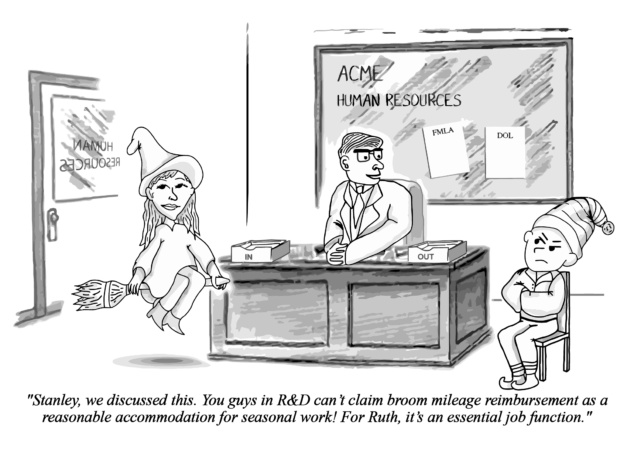
Ver la versión en español aquí
Late on February 2, 2026, Judge Ana Reyes of the United States District Court for the District of Columbia, stayed the November 28, 2025 Notice terminating the designation of Temporary Protected Status (TPS) for Haiti. Under the November 28 Notice, TPS for Haiti and the work authorization of Haitian nationals in TPS expire at 11:59 tonight, February 3.
A little about the case.
The plaintiffs in the case of Miot v. Trump claim that the November 28 Notice terminating TPS for Haiti violates the Administrative Procedures Act and the Fifth Amendment of the U.S. Constitution. Because the termination of TPS would take effect before there could be a final ruling in the case, the plaintiffs in the case moved to stay the termination of TPS under the November 28 Notice. In an 83-page decision, Judge Reyes explained why she has jurisdiction over the case and explained why the plaintiffs were likely to succeed on the merits and how they were likely to suffer irreparable harm if the termination went into effect tonight. Judge Reyes stayed the termination of TPS for Haiti, while the litigation is pending.












